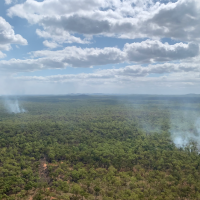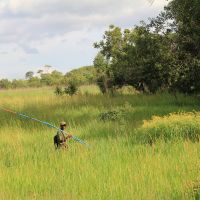Blog Categories

Purchase carbon credits and finance climate action
Choose from one of the world’s largest portfolio of high-integrity climate action projects to drive credible climate action and sustainable development around the world.

South Pole’s Digital Solutions
We understand that your business is under more pressure than ever to step up its sustainability agenda. That is why we have the software integrations available for you to get started today.


Our commitment to integrity
Our ambition is to lead the way in carbon project risk management, quality, and compliance protocols.

Nestlé
With a significant agricultural value chain, including multiple brands with individual greenhouse gas footprints, achieving Net Zero for Nestle is a complicated process. Nestle needed a roadmap to get there.

Carbon Credits
Buy carbon credits from the world's largest portfolio of carbon projects to protect the planet and transform lives.

Manage & Calculate your emissions now
Our platform enables individuals and organisations alike to measure, track and compensate for their emissions.

The South Pole 2024 Net Zero Report
Destination Zero: the state of corporate climate action

Penguin Perspectives Blog
Gain fresh perspectives and opinions from our in-house experts and guest authors.

South Pole's 2024 Net Zero Report
Survey finds that most companies across nearly all sectors are going quiet on green goals.

Catching up with Climate
Stay up-to-date on the biggest climate news, policies, and innovations
South Pole believes that a Net Zero target is a part of every organisation's Climate Journey.
Read more


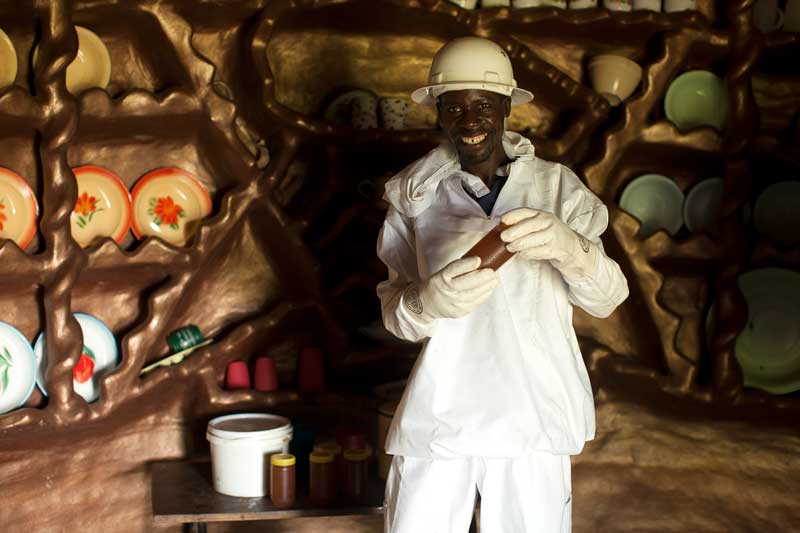
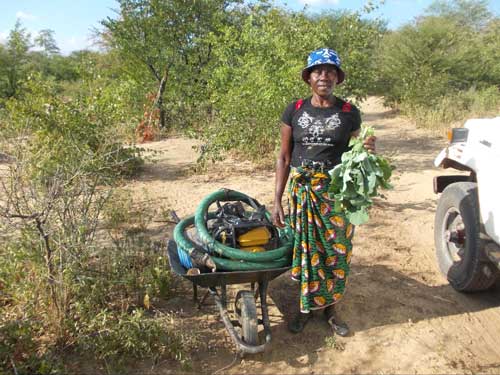 Mrs Tenda is a widow and a member of the very productive Nyambudzi Nutritional Garden, which was established by the Kariba Project. She has to provide for the needs of her five family members on her own. Before the project, she was watering her section of the garden by hand, which would take her up to 3 hours a day during the hot dry months. This she found was time-consuming and not very productive, so from the sales at the garden she managed to save enough money to purchase a petrol water pump, which she now uses to water her garden beds. This has made her operation more efficient and enables her to spend more time at home looking after her family. Through the growing of vegetables she is now able to provide sufficient food for her family and is able to educate the children.
Mrs Tenda is a widow and a member of the very productive Nyambudzi Nutritional Garden, which was established by the Kariba Project. She has to provide for the needs of her five family members on her own. Before the project, she was watering her section of the garden by hand, which would take her up to 3 hours a day during the hot dry months. This she found was time-consuming and not very productive, so from the sales at the garden she managed to save enough money to purchase a petrol water pump, which she now uses to water her garden beds. This has made her operation more efficient and enables her to spend more time at home looking after her family. Through the growing of vegetables she is now able to provide sufficient food for her family and is able to educate the children.
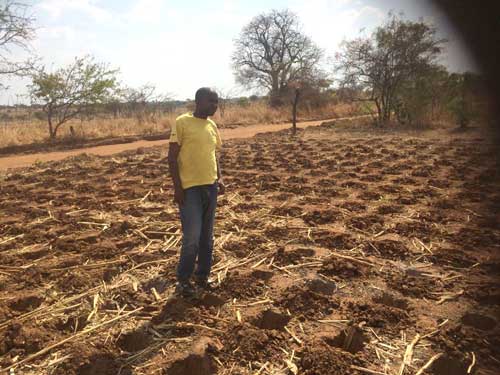 My name is George Manyanga. I live in ward 7 under chief Chundu, in Nyamkate. I started practising conservation farming methods in 2014 with the support of Kariba - that was the first year I was able to harvest enough for the whole year. Now, my farming land size is reduced but the yield has increased. After attending workshops at ward level, I can now understand the word 'farming'. Farming is not all about working hard on big land, but working on a small plot whilst practising the right method following the climate changes with commitment
My name is George Manyanga. I live in ward 7 under chief Chundu, in Nyamkate. I started practising conservation farming methods in 2014 with the support of Kariba - that was the first year I was able to harvest enough for the whole year. Now, my farming land size is reduced but the yield has increased. After attending workshops at ward level, I can now understand the word 'farming'. Farming is not all about working hard on big land, but working on a small plot whilst practising the right method following the climate changes with commitment
